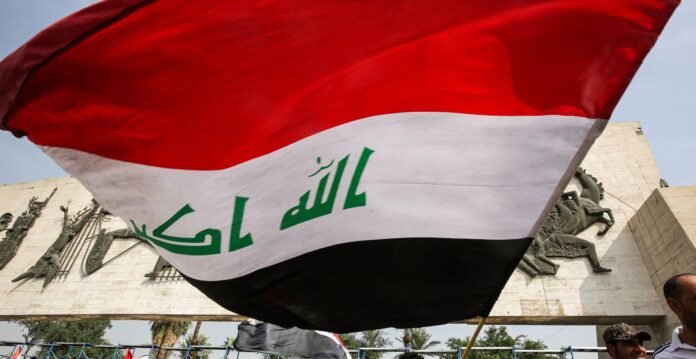Iraq has reached a critical stage in its efforts to stabilize and rebuild after decades of conflict and turmoil. At a recent United Nations Security Council meeting, the international community praised Iraq’s progress in fostering regional peace and pursuing economic recovery. The government’s initiatives have helped the nation avoid escalation in broader regional conflicts, yet deep-seated challenges like corruption, political instability, and persistent security threats continue to pose hurdles to its long-term development.
One of Iraq’s notable achievements has been its successful navigation of regional diplomacy. In a region marked by rivalries between powerful neighbors, such as Iran and Saudi Arabia, Iraq has emerged as a mediator. Baghdad’s efforts to host peace talks and build bridges between these nations have strengthened its diplomatic standing and contributed to broader regional stability. By maintaining a neutral foreign policy stance, Iraq has positioned itself as a key player in de-escalating tensions, thereby creating a conducive environment for domestic growth and development.
Security improvements in Iraq have been a significant marker of progress. Since the defeat of the Islamic State (ISIS) as a territorial entity in 2017, the country has focused on eradicating remaining insurgent threats. Coordinated efforts by Iraqi forces and international allies have curtailed ISIS’s ability to regroup, although sporadic attacks in remote regions persist. The government has also worked to reduce militia activities and integrate armed factions into state structures, but progress has been uneven. Many militias still operate outside state control, raising concerns about their influence on Iraq’s sovereignty and democratic institutions.
Economically, Iraq is trying to capitalize on its rich oil resources while diversifying its economy to reduce dependence on energy exports. Rising global oil prices have provided the country with a much-needed fiscal cushion, enabling increased spending on infrastructure, healthcare, and education. However, rampant corruption continues to siphon resources from public projects, undermining their effectiveness. According to Transparency International, Iraq remains one of the most corrupt nations globally, with systemic graft affecting governance at all levels. This corruption not only hinders economic growth but also fuels public discontent, often manifesting in protests and demands for reform.
The country’s political landscape remains fraught with instability. Although Iraq conducted parliamentary elections in 2021, the prolonged process of forming a government exposed deep divisions among its political factions. Power struggles among Shiite, Sunni, and Kurdish groups, coupled with interference from foreign powers, have delayed critical reforms and governance initiatives. These delays have hampered efforts to address pressing issues like unemployment, poverty, and inadequate public services, leaving many Iraqis frustrated with their leadership.
Climate change poses an additional threat to Iraq’s stability. The nation faces severe water shortages due to upstream dam projects in neighboring countries, inefficient water management, and prolonged droughts exacerbated by global warming. The Tigris and Euphrates rivers, vital to Iraq’s agriculture and drinking water, are shrinking at alarming rates, threatening food security and displacing rural populations. Environmental degradation has also intensified sandstorms, further complicating daily life and economic activity.
Despite these challenges, there is reason for cautious optimism. Iraq’s youth, who make up the majority of its population, are increasingly vocal in demanding change. Protests calling for better governance, transparency, and accountability have pushed the government to undertake some reforms, though these remain incomplete. The international community has also reiterated its commitment to supporting Iraq’s recovery, with organizations like the United Nations and the World Bank providing technical and financial assistance.
Iraq’s journey toward stability is a delicate balancing act. While the country has made strides in diplomacy, security, and economic recovery, structural issues like corruption, political infighting, and environmental crises demand urgent and sustained attention. The road ahead is fraught with challenges, but with continued domestic resilience and international support, Iraq has the potential to emerge as a stable and prosperous nation in the heart of the Middle East.

